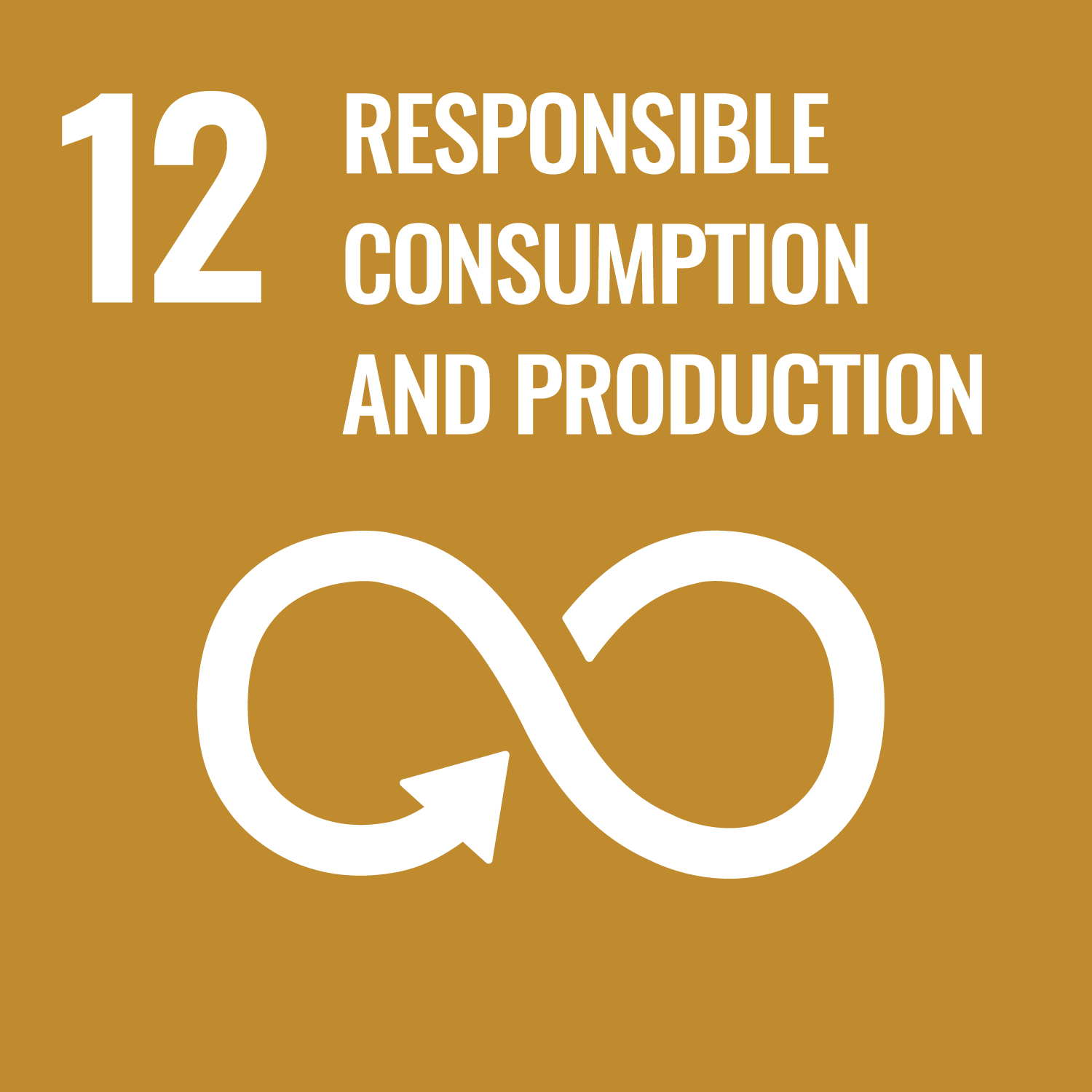Conspiracies And Lyes: Scepticism And The Epistemology of Testimony
In Conspiracies and Lyes I aim to provide an epistemological account of testimony as one of our faculties of knowledge. I compare testimony to perception and memory. Its similarity to both these faculties is recognised. A fundamental difference is stressed: it can be rational to not accept testimony even if testimony is fulfilling its proper epistemic function because it can be rational for a speaker to not express a belief; or, as I say, it can be rational for a speaker to lye.
This difference in epistemic function provides the basis for a sceptical argument against testimony. Scepticism is presented as a method rather than a problem: considering how to refute the sceptical argument is taken to be a means of evaluating theories as to how testimonial beliefs are warranted. I consider two strategies for refuting scepticism and, correlatively, two accounts of how testimonial beliefs are warranted. I show these accounts to be neutral across all theories of justification that entertain the project of investigating our faculties of knowledge.
A reductionist account explains the warrant supporting our testimonial beliefs in terms of our inductive ground for accepting testimony. An anti-reductionist account explains the warrant supporting our testimonial beliefs in terms of our possessing an entitlement to accept testimony. I show how both positions can be intuitively motivated. In presenting reductionism I appeal to probability theory, empirical psychology and invoke David Hume. In presenting anti-reductionism I invoke John McDowell and Tyler Burge.
A refutation of scepticism is provided by a hybrid of reductionism and anti-reductionism. The hybrid is conceived as part social externalism and part individual internalism. In developing this account I provide a means of conceptualising the dynamic that exists between individual knowers and communities of knowledge.
| Item Type | Thesis (Doctoral) |
|---|---|
| Keywords | Epistemology, Testimony, Perception, Memory, Rationality, Scepticism, Warrant, Justification, Probability Theory, Empirical Psychology, Hume, McDowell, Burge, Social Externalism, Individual Internalism, Conspiracies, Lyes |
| Subjects | Philosophy |
| Divisions | Institute of Philosophy |
| Date Deposited | 08 Oct 2010 10:26 |
| Last Modified | 05 Aug 2024 11:03 |
-
picture_as_pdf - Paul Faulkner PhD Thesis.pdf














